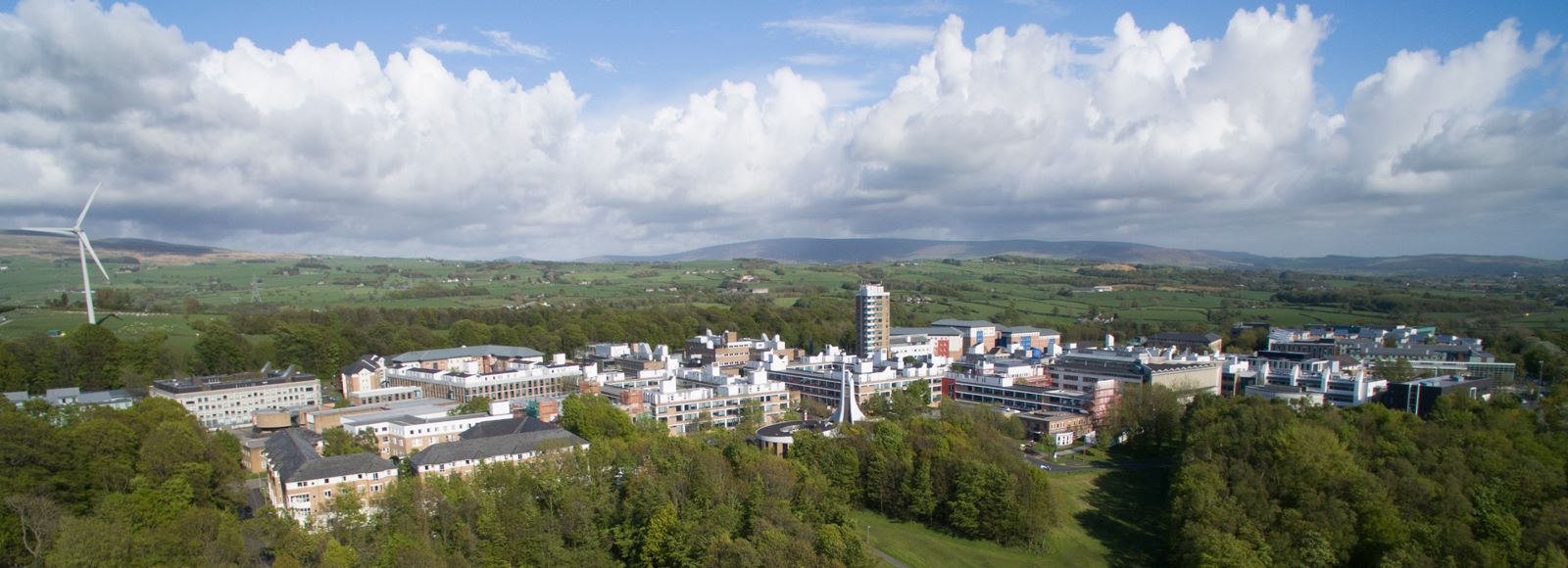- ...
The School of Global Affairs offers four master’s degrees that share a common ethos and course structure. Each provides distinctive yet interconnected opportunities to develop the skills, knowledge, relationships and partnerships needed to meet the global challenges of our time.
Our innovative master’s course is designed to generate fresh thinking to address global problems such as climate change, conflict, identities, information and truth. Applying critical concepts, theories and practices drawn from the humanities and social sciences, you’ll gain the knowledge, skills and confidence to be an impactful and transformative professional.
In today's world of complexity and interdependence, global challenges are evolving, shifting and transforming across different sectors, disciplines and localities. Multi-disciplinary perspectives and insights will be essential to meet the problems facing humanity and the planet.
This course is built around critical thinking, collaboration and creative approaches. You'll be introduced to cutting-edge concepts, theories and practices from across disciplines ranging from politics, sociology and history to art, economics and environmental sciences.
You will be encouraged to draw on different disciplines as you consider issues from the perspectives of diverse stakeholders and seek workable solutions to the world’s most pressing challenges.
This master’s course is one of a series of four interconnected courses that have a common ethos and structure.
You’ll take part in subject-specific modules designed to build in-depth knowledge of global affairs. You’ll assess, engage in and create responses to real- world issues.
In studio modules you’ll work collaboratively with other course participants on live community briefs, connecting Lancaster’s research with both local environments and analysing global issues.
For some modules, you’ll join with students from other master’s cohorts on projects that will develop your leadership skills – using use generative, collaborative thinking to create innovative solutions that are relevant to diverse external stakeholders.
Working with students from our other cohorts will bring you into contact with those specialising in global sustainability and the environment, AI, and global health and medical humanities. You’ll experience the benefits that harnessing skills and knowledge from diverse groups and subjects can bring.
You’ll have the opportunity to tailor your final project to draw on your academic, personal or professional experience. A range of innovative assessment types will give you the freedom to represent your chosen topic creatively and persuasively.
This course gives you the opportunity to gain advanced cultural perspectives via a beginners or continuing language module. Choose from French, German Spanish, Italian or Chinese
Optional modules enable you to study a range of topics such as:
With its dedicated leadership module, this course prepares you for a future as a collaborative change-maker. The course challenges traditional views of leadership, adopting an understanding of leadership grounded in critical, creative and collaborative skills - a holistic and humanistic way of thinking.
By taking this interdisciplinary approach and engaging in the discourses of leadership ethics, you’ll be equipped to perform whatever role you take to bring about positive change.
You’ll benefit from Lancaster’s rich, collaborative academic environment, being able to participate actively in research events and opportunities provided by the Faculty of Arts and Social Sciences.
Study while continuing your career by taking this course on a part-time basis. Running over two years, you would take the following core modules each year:
We would liaise with you over your choice of optional modules and your schedule, so that you can successfully balance your work and other commitments alongside the master’s programme.
2:1 Hons degree (UK or equivalent) in any subject, or 2:2 with professional experience relevant to the programme (please give further detail of your experience in your personal statement).
The personal statement should be a 300-500 word reflection on your interest in the programme, the relevance of your experience and what you hope to gain from the programme.
The department plans to interview all eligible applicants.
If you have studied outside of the UK, we would advise you to check our list of international qualifications before submitting your application.

Lancaster University is a highly ranked global university. Out of over 120 UK Universities, Lancaster is consistently in the top fifteen in major UK l...